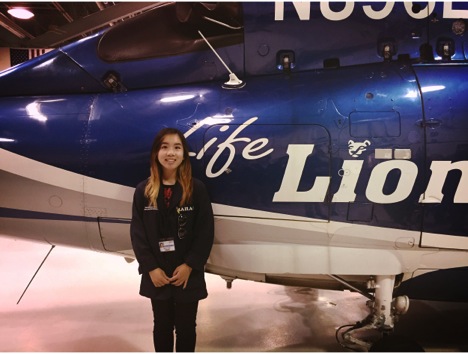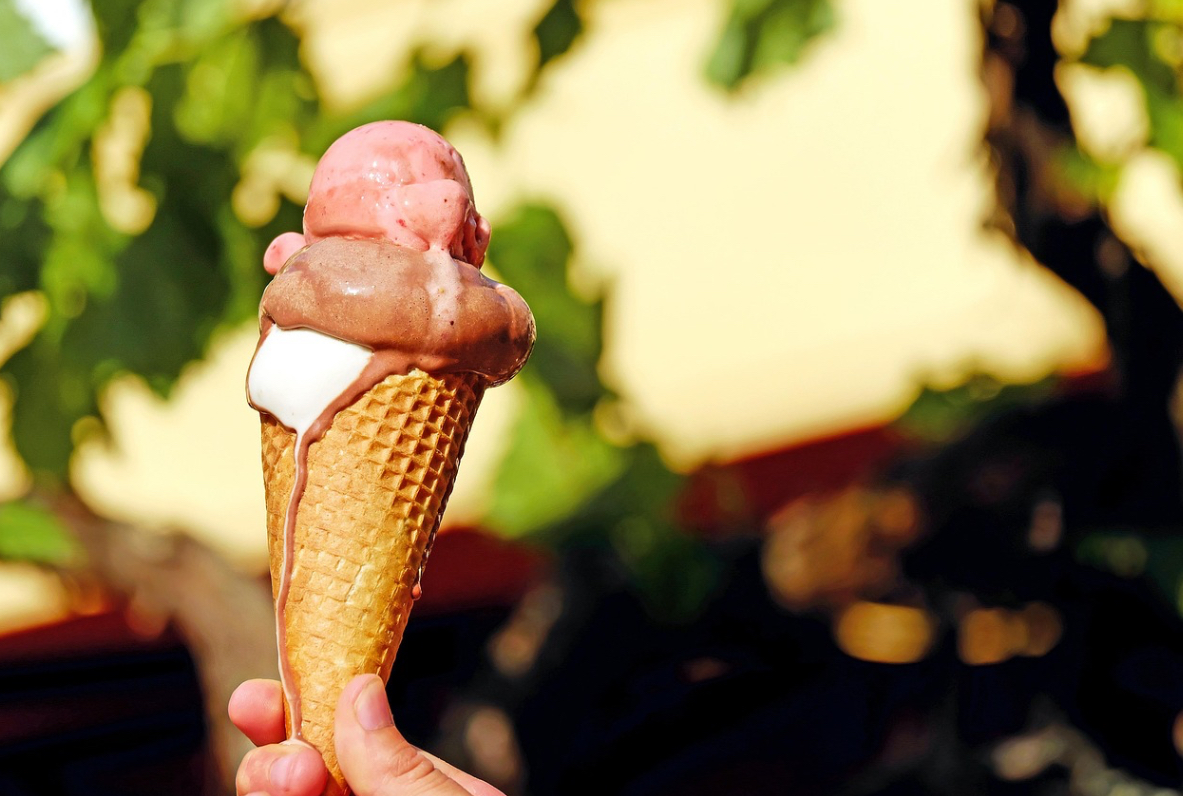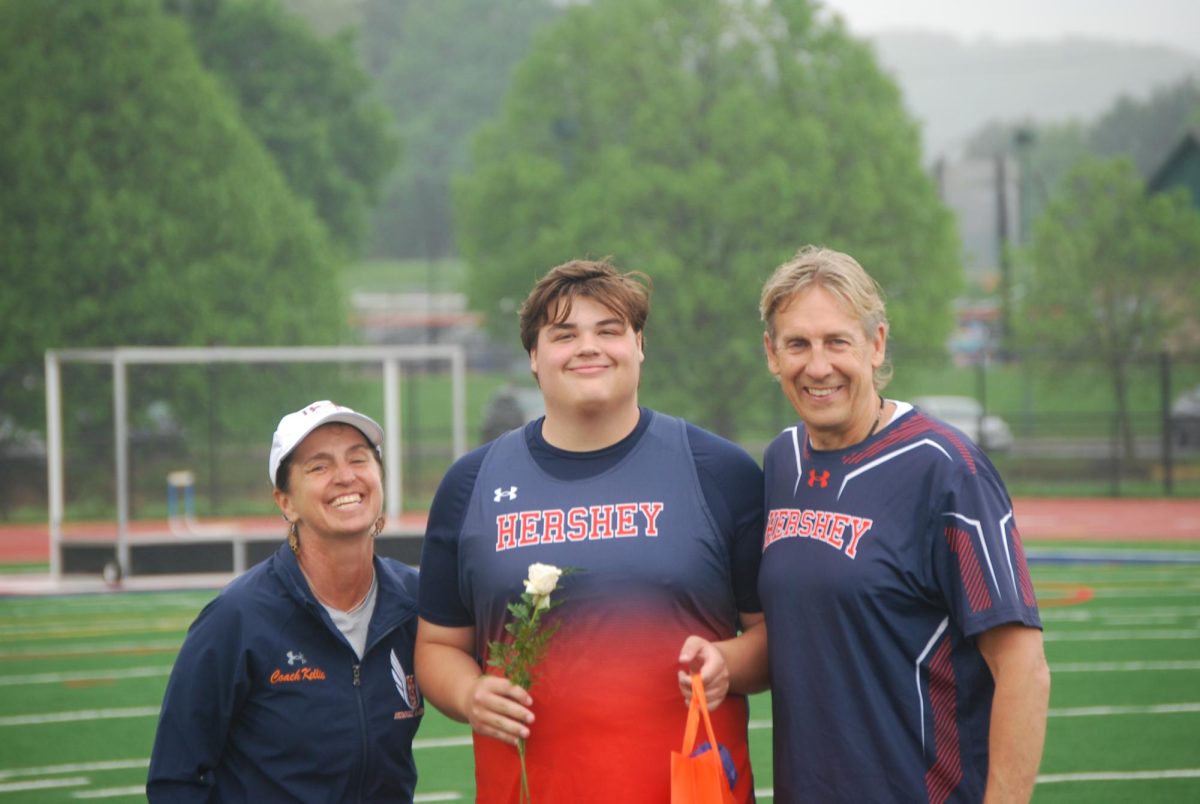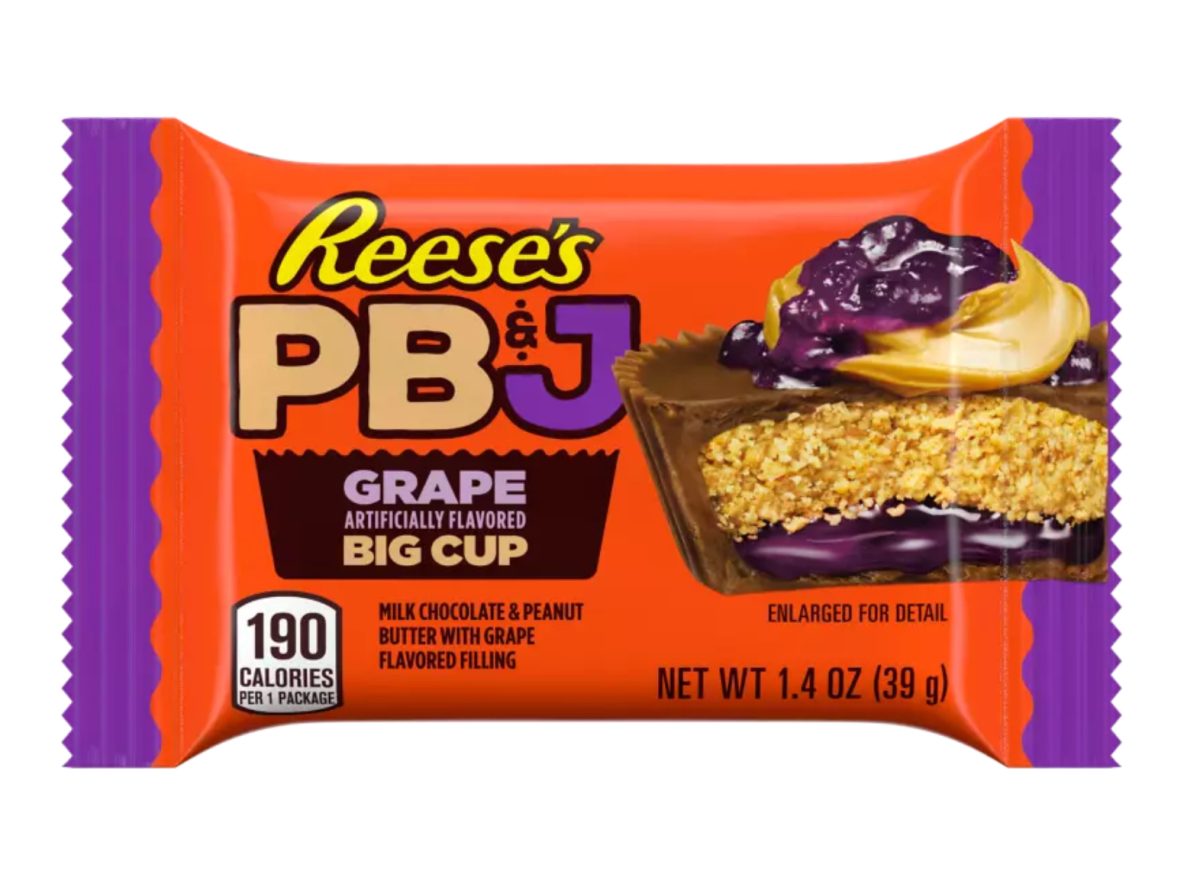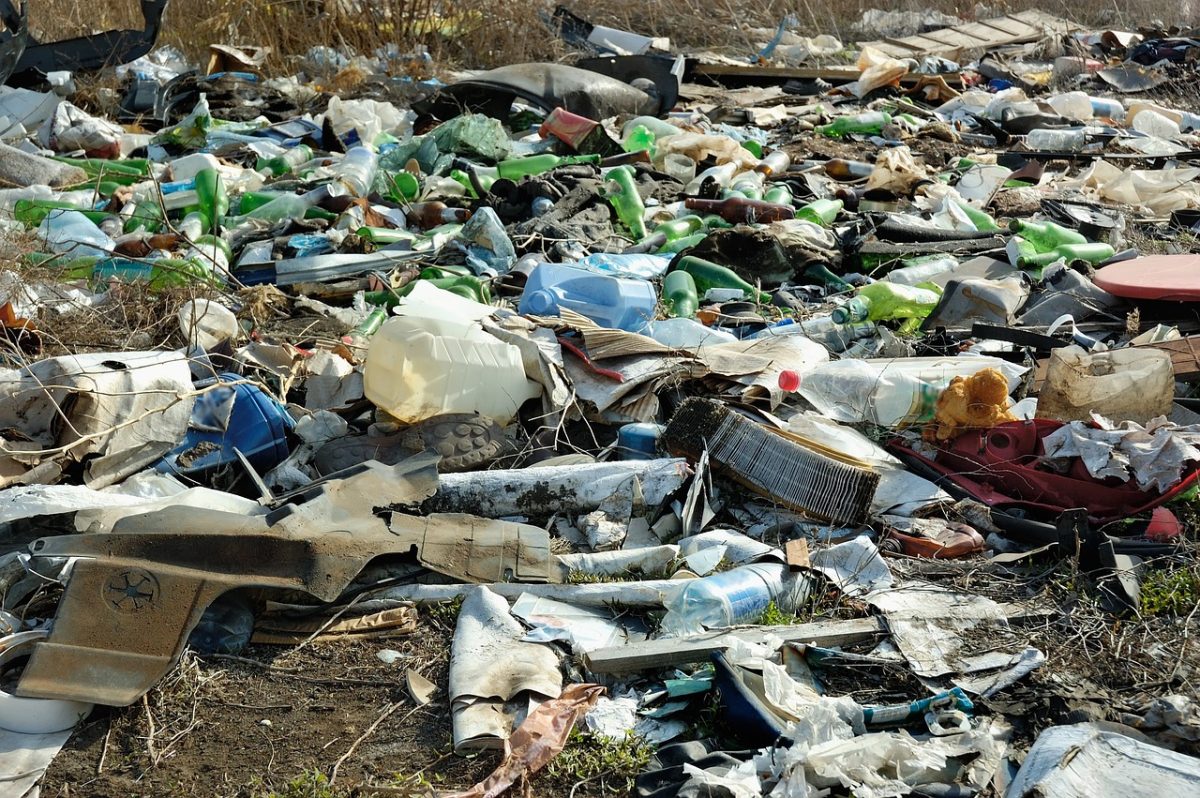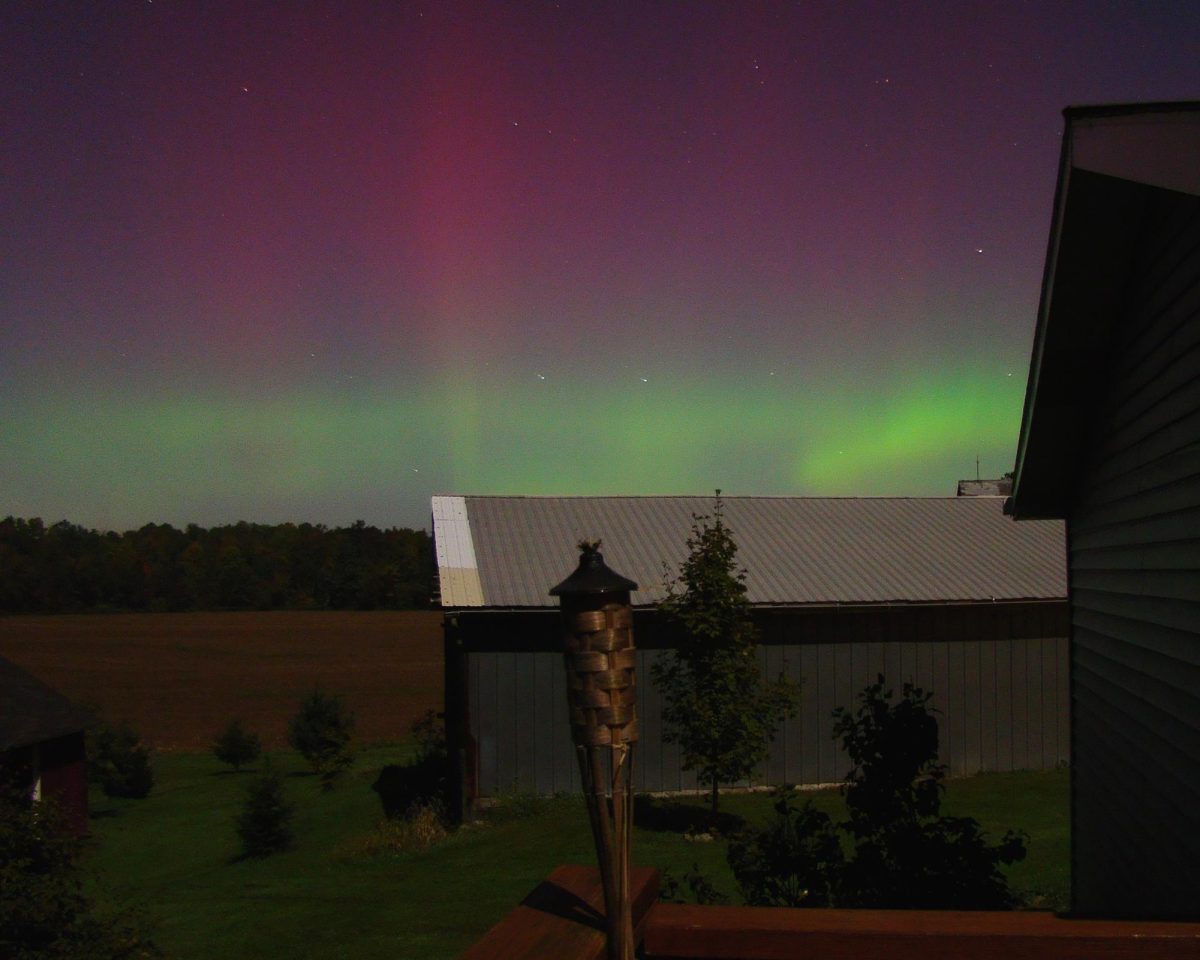By: Paige Randall
The future of medicine and science is a title not usually bestowed upon high schoolers, but at Hershey, students are already on their way to changing the face of these fields.
Throughout Hershey High School, many students are becoming more involved with science and medicine through programs at the Penn State Hershey Medical Center and opportunities. offered at the high school. Whether they are interested in a career in these fields or simply exploring their options, many are taking full advantage of all the science opportunities that reside in the “Chocolate Bubble.”
Mailan Dang, a senior, is one of the students at Hershey who is actively participating in the learning opportunities that are offered. Dang is a member of the Health Care Career Exploration Program, or HCEP. HCEP allows a selected number of high school students to go to the medical center and learn about different medical paths by doing rotations.
In the second half of the year, the participants get to select two “specialties” to focus on. Dang said she joined because of her interest in pharmaceuticals as a possible career choice in the future.
“I highly recommend anyone who is interested in a medical career,” Dang said.
HCEP isn’t the only program that introduces students to medicine and science opportunities. PULSE is another program offered by the Penn State Medical Center that allows students to learn about a different branch of science or medicine each year. Run by medical students, PULSE is a semester long course that gives students in depth knowledge about a new topic every year.
Dr. Kelly Karpa, a pharmacologist, is one of the faculty advisors of PULSE. She explained that the program originated in 2008 as an outreach program to lower income school districts, but problems with funding and transportation eventually led the program to evolve into what it is today. Now, students from both Hershey and Lower Dauphin participate in PULSE
While the pressure to choose a career path while still in high school can be high, getting an early experience with programs like PULSE and HCEP can help a student decide his/her future plans. Grace Harr, a junior involved in PULSE, said that she was interested in medicine or science as a career. However, she was not sure how to learn more about it at first. By getting involved in PULSE, Harr was able to learn more about her options.
By getting involved in PULSE, Harr was able to learn more about her options. “Since I don’t know what I want to do, it helps me get a better idea,” Harr said.
Karpa said she understood the importance of early experiences with the sciences. Karpa said that not only is there expected to be a shortage of doctors and scientists in the near future, but also that it was necessary to allow students to get hands on experience.
“Get as much hands on experience as you can,” Karpa said.

